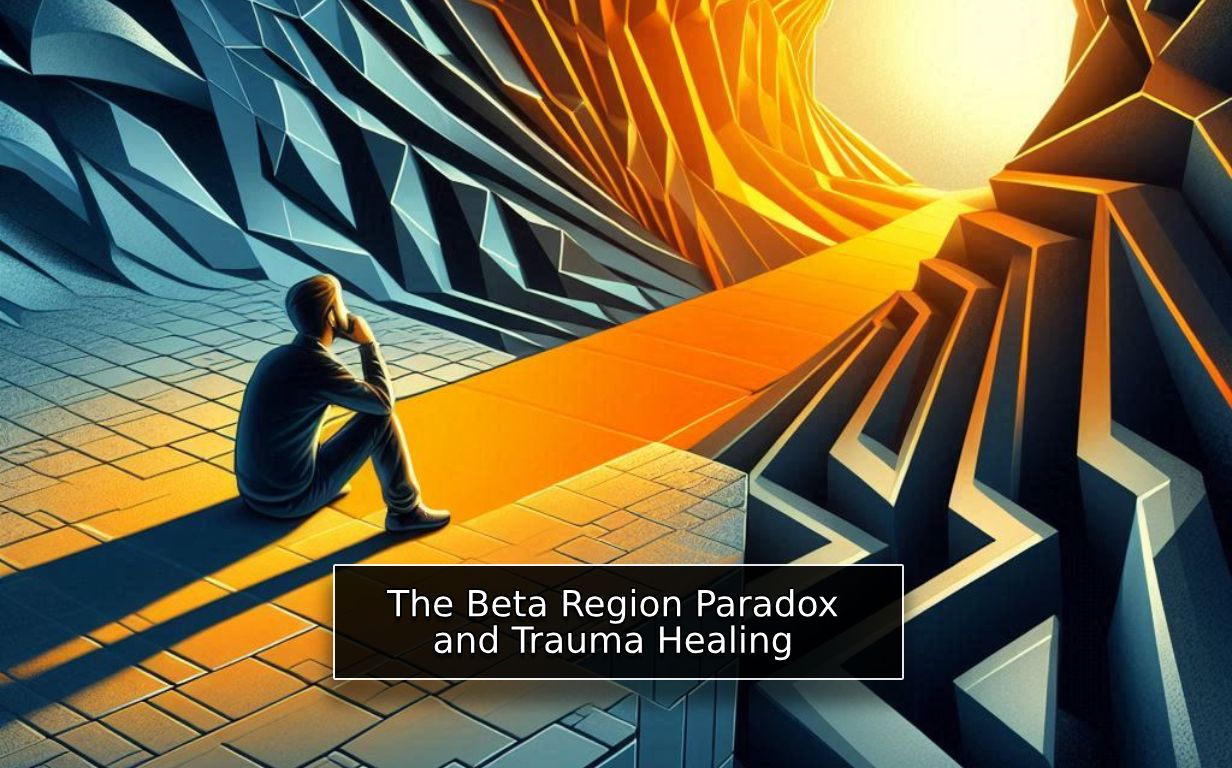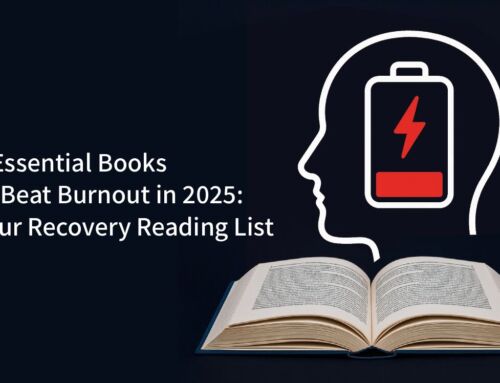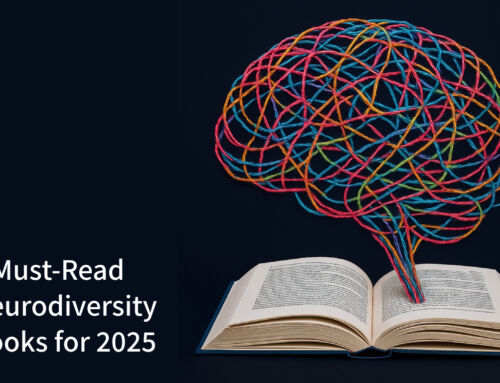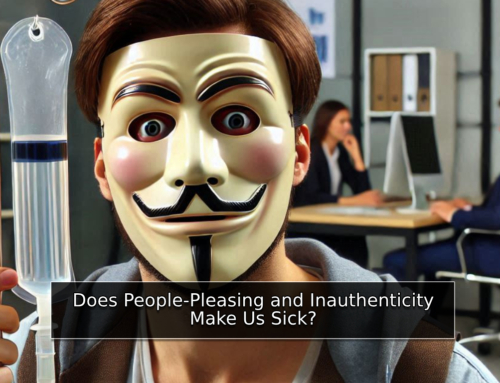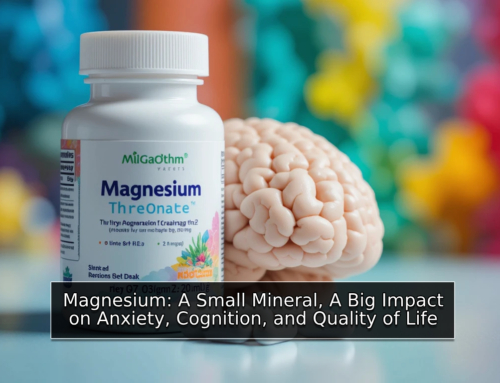The Beta Region Paradox and Trauma Healing
How Trauma Can Be an Opportunity for Growth
Trauma and the most difficult experiences in life can lead to the greatest inner growth. This may sound like a paradox, but psychological research supports this idea. This phenomenon, known as the "Beta region Paradox," suggests that many people recover faster from severe experiences than from milder ones.
What’s Behind the Beta Region Paradox?
When we are exposed to trauma and difficult situations, our bodies and minds activate various coping mechanisms. These can include physiological, behavioral, and cognitive changes designed to help us deal with the challenge. These mechanisms, which develop in response to difficult situations, can give us greater resilience in the future. Additionally, difficult experiences can lead us to seek new meaning in life, change the way we perceive the world and ourselves, and reassess what is important in life. Social support, which tends to be higher in difficult situations, serves as a lifeline and helps us cope with difficulties.
Research Examples:
One of the most famous studies on the subject is the study by Bosmans and Gold (1995)* on Holocaust survivors. The study found that many of the survivors were able to build new and meaningful lives after the war, and developed extraordinary resilience and the ability to cope with additional challenges in life. This study, like many others, supports the idea that difficult experiences can lead to personal growth.
In another study conducted by Tom Sasha-Rubinstein, Yuval Peleg, and Miri Cohen (2015) on the relationship between post-traumatic growth among Holocaust survivors and the resilience of the second and third generations, it was found that Holocaust survivors showed a higher level of post-traumatic growth: Despite the severe traumas they experienced, Holocaust survivors reported higher levels of personal growth compared to the control group.
Another famous study conducted by Viktor Frankl, a psychiatrist, Holocaust survivor, and founder of logotherapy, clearly demonstrates the Beta region Paradox. In his book, "Man's Search for Meaning," Frankl describes how he himself, along with other prisoners in the concentration camp, were able to survive the harsh conditions and develop spiritually precisely because of their search for meaning in their lives. Frankl argued that humans can find meaning even in the most difficult of circumstances, and that the search for meaning is the key to survival and growth.
How Can CBT and ACT Therapy Help?
Cognitive Behavioral Therapy (CBT) and Acceptance and Commitment Therapy (ACT), especially Trauma-Focused ACT (TF-ACT), provide effective tools for coping with trauma and realizing our full potential. These therapies help us identify and change negative thought patterns, develop healthier coping strategies, and act in accordance with our values.
In conclusion: The Beta region Paradox invites us to look at trauma from a different angle. Instead of seeing it as an obstacle, we can see it as an opportunity for growth and development. Psychological therapy can help us realize our full potential and learn to cope with difficulties in a healthy and constructive way.
Notes:
It is important to note that recovery from trauma is a personal and complex process, and the way each person copes with difficulties is unique. If you are struggling with trauma, please seek appropriate treatment.
The information presented in this post is general and should not be relied upon as professional advice. Always consult a qualified therapist regarding your personal situation.
Sources: Bosmans, J., & Gold, S. R. (1995). Posttraumatic growth in Holocaust survivors. Journal of traumatic stress, 8(3), 521-540.
Shasha-Rubinstein, T., Peleg, Y., & Cohen, M. (2015). The relationship between post-traumatic growth among Holocaust survivors and the resilience of the second and third generations. Gerontology and Geriatrics: Journal on Aging Issues, 12(2), 33-54.
Contact now
Ready to take the first step towards positive change? Contact me now for more information and to schedule an appointment. Whether you prefer in-person sessions in Tel Aviv or virtual meetings via Zoom, my integrated approach of Cognitive Behavioral Therapy (CBT) and Acceptance and Commitment Therapy (ACT) can help you break free from struggles and find greater fulfillment in life. I'll be sure to get back to you as soon as possible. Let's embark on this transformative journey together!
Call Whatsapp 052-2325511
Or fill out the following form.
Can ACT and CBT assist you or your loved ones?
Welcome to my therapy practice, where I offer a powerful combination of Cognitive Behavioral Therapy (CBT) and Acceptance and Commitment Therapy (ACT) techniques. CBT is a goal-oriented, short-term approach that's highly effective for anxiety, depression, low self-confidence, and more. ACT complements CBT, helping you navigate life's challenges and find fulfillment and authentic, happier life.
If you're struggling with anxiety, depression, low self-image, or facing setbacks, CBT combined with ACT may be the key to transforming your life. Break free from the struggle and take a step towards a happier, more fulfilling life.
Contact me today to schedule an appointment and embark on your journey of positive change. You don't have to face it alone; I'm here to support you every step of the way. Let's work together to create the life you deserve!
